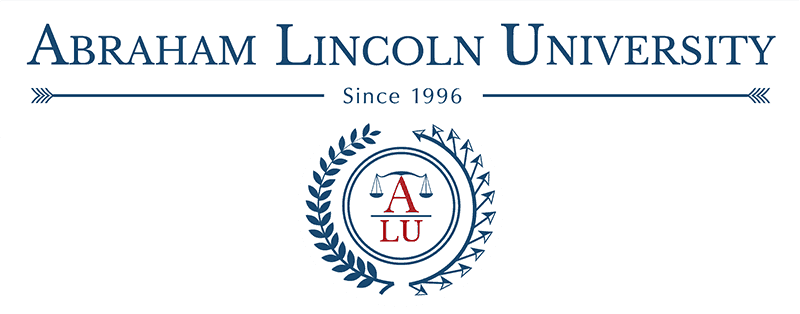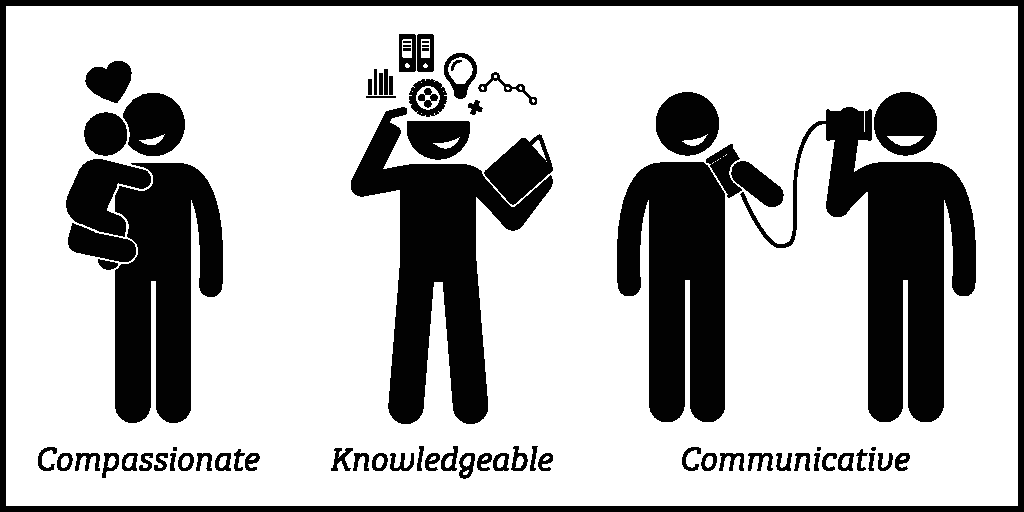Personal injury lawyers from around the country share tips and lessons from their experience attending law school.* [Part 1 of a series on learning to practice law. Read Part 2 and Part 3.]
Law Learning vs. Law Practice
About the Author
Jay M. Kelley III has been a managing partner at Elk & Elk personal injury law firm since 2017 and partner since 2011. He focuses on civil trial work in state and federal courts in matters of medical negligence and wrongful death arising from birth injury, surgery; oncological, cardiac and pharmaceutical product liability cases.
Johnson v. M’Intosh: This 1823 case is a unanimous opinion authored by Justice Marshall and the first case I read in my first year of law school. The case is a common introduction to property law, focusing on land ownership with native Americans, and the “discovery doctrine.” I recall reading the case with the television on in the background and each sentence drew me deeper into confusion. It was a combination of a foreign language and unfamiliar titles making the opinion more difficult to solve than a Rubik’s cube for my naïve self. It was the singular day during law school I thought I was not going to make it, and perhaps had made a poor career decision. The reality is it was the perfect portal for me to learn how to brief a case, work collaboratively with classmates, learn in the Socratic method, search to find the “principled” position on both sides of a dispute, and understand how facts must guide the law in its final decision. It did not happen that emotional day, but studying would have to be different as I read the Johnson case.
Law is the application of facts to disputed principled positions to reach an equitable and predictable conclusion. The practice of law, however, is relationships. Attorney-client, co-counsel, adversarial counsel, and the bench all create relationships with different protections and expectations, but equal importance. First year law students will find themselves learning from themselves, case law, professors, but most importantly, classmates. It is easy to get bogged down in the competitiveness of law school, but the ability to collaborate, discuss and dispute in a civil manner is the hallmark of a legal education. The relationships you make in law school will assist you in defining terms and seeing perspectives of colleagues. In the practice, you will navigate case after case with the judge and opposing counsel pushing you for information and clarity. The relationship you will cherish the most will be with your client. The ability to provide an understandable answer as to what has occurred, what outcome the law would predict historically, and what legal rights a client has is the attorney-client relationship.
Selecting a law school isn’t as easy as simply selecting the best school you can get into regardless of size, location or other factors. You must pick a law school where there is an environment that will foster learning and a legal community which creates opportunities for mentorship, clerkship and employment. Law school curriculums are similar to a liberal arts degree in so far as you take courses across a number of topics. Attendant to the study of law is the utilization in the community of mentorships and work opportunities that will begin to expose you to different areas of the law as applied practically versus theoretically. Those work experiences, typically in the second and third year of law school will help to assist in determining whether your area of perceived interest matches well with your talent in the true practice.
I am now old and one of my children is enrolling in law school starting in the fall. I look at her journey with jealousy at the experience she is about to have. She will be surrounded by classmates with diverse opinions, but a common interest in the law, opportunities to engage in civil discourse for the purpose of learning and, finally, realizing a law degree is not a pathway to one job, but a key to many different areas of practice and business.
The debt load can be intimidating, but the practice is rewarding despite popular rhetoric of “we have too many lawyers.” Your study habits in law school need to include individual study with case briefing, collaborative discussion and involvement in extracurriculars whether it be law review, moot court or trial team. The law is a dispute of principles and perspectives. It is critical that you are willing to engage in discussions with others to listen, understand and apply the facts to formulate the best argument to persuade others to agree with the principles you hold and advocate. Do not let the competitive nature of law school squelch your ability to be pushed and educated by those with whom you disagree with the most.
Something You Might Not Be Told in Law School
About the Author
Greg Colburn is a Seattle personal injury lawyer and founder of Colburn Law. Greg’s road to practicing law wasn’t a typical one. He suffered extensive injuries after a roofing subcontractor negligently installed material that caused him to fall 20 feet. Greg’s injuries inspired him to practice personal injury law and to fight for others who are victims of negligence.
As the judge prepared to read the 12-person jury verdict aloud, my eyes scanned the courtroom. I looked at the jurors and wondered how they came to their decision. I turned to my right to check on my clients, both of whom were professional percussionists with injuries from a car wreck that cut their careers short. My gaze turned to the defendant driver whose anxiety was palpable. At the conclusion of my first jury trial, just one month after graduating from law school, I realized that all of the statutes, case law, and legal jargon were relatively small factors in determining the outcome of the personal injury trial.
People make the ultimate decision. Jurors sit in the courtroom with all of the positive and negative experiences of their lives sitting on their shoulders as they listen to testimony, inspect evidence, and deliberate. Law school rarely addresses, let alone focuses on people.
No matter the area of law, to become a successful and happy attorney (yes, I said happy), people skills are necessary. When a law student reads Marbury v. Madison in Constitutional Law, take a second and think about Marbury’s mindset when he chose to commence litigation against Secretary of State, James Madison. In Trusts and Estates, think about the mentality that is necessary for one family member to engage in adversarial litigation against another family member. Even in Corporate Business Litigation, people make decisions regarding whether to enforce trademark and copyright laws by one corporation against another.
During your time in law school, study the law but do not forget that the law does not exist without people. When preparing a case for litigation, mediation, or trial, the minutiae of the liability facts, medical evidence, and the law can cause lawyers to lose site of the big picture.
Your Plan for Successful Study
About the Author
Avery Crossman of Crossman Law Offices, P.C. is a workers’ compensation lawyer in Phoenix, AZ. Crossman works with her father, Harlan, fighting for the rights of their clients after submitting a workers’ compensation claim. Because Crossman Law Offices, P.C. only specializes in workers’ compensation, they are able to handle even the toughest of cases.
When you start off to law school, everyone will want to give you advice. At the end of the day, you know you better than anyone. You know how you best learn, where is the best place to study, and how to consolidate the immense amount of information you will be required to take in and remember.
Someone early on gave me the best advice to use my weekends as review time. At that time, I had five classes, so I broke the weekend up into five segments. I would then take one segment and review the entire week’s class. So, for instance, on Saturday mornings from 8 to 12, I would review and tackle that week’s notes and readings from my Contracts class. I re-read my notes and refreshed my recollection of the cases. I would then make my outline of the week. This was basically bullet points. It included the topic, brief details and how each case applied.
I was able to take about 300 pages of book material and at least 40 pages of handwritten notes down to about 8 or 9 pages of typed material. For me, repetition was the key. So by the weekend, I had read the material, heard the lectures, taken hand-written notes all week, and was then forced to type the information down into my outline. For me, these were the tools I would call on at the end of the semester. While others were trying to create their first outlines, I had already gotten mine paired down while it was fresh in my memory. I was then able to pair them down even more during finals week so I could use this information at an instance.
At the end of each week, there was always something that I didn’t quite get. I would remember a professor talking about something but didn’t fully understand the point. During my weekend outlining, I book-marked it to ask the teacher. It never failed that at the start of every class the professor would ask the obligatory “Are there any questions?” My hand always went up. I was able to get my own questions answered while they were still fresh in my memory. Imagine how hard it would have been at the end of the semester trying to figure out what it was that I did not understand back weeks before.
Most of my friends used the weekends to relax or get ahead on homework. I just started with my weekend review system and did it all three years. It worked very well for me. Yes, it took diligence to do it. Yes, it meant that I was having to read all the assignments during the week rather than the weekend. But yes, it worked. For me. Find your own system based upon your skills. Law school is not easy but so very worth it in the end.
* Note that not all of the suggestions and tips shared by these attorneys are applicable to Abraham Lincoln University, which is a distance learning law school.










